I dream of Adverse Possession: The case of Major Nelson
A year before his death in 2012, Larry Hagman, the actor best known for playing Major Nelson on I Dream of Jeannie and J.R. Ewing on Dallas, sued to quiet title based on adverse possession. And won.
What is interesting about Hagman’s case is that he won without one of the key elements of adverse possession: he never paid any taxes on the land he was claiming. The reason? No taxes were levied on the land because the other party, Meher Mount, was a religious organization claiming tax-exempt status. At the same time, Meher Mount’s status as a “public benefit corporation” did not exempt them from adverse possession.
Hagman v. Meher Mount Corp. (2013), 215 Cal. App. 4th 82
Larry and Maj Hagman owned a 30-acre estate in Ojai, California adjoining a 173-acre parcel of land owned by Meher Mount, a religious group. In 1987, a fence establishing the boundary of their properties was built in the wrong place, which gave Hagman about an extra half acre of land. He treated the portion of land as his own, occupying and improving it, but he didn’t pay any taxes on this half acre. Neither did Meher Mount.
Maj Hagman’s Alzheimer’s disease had caused her to require increasing care, which prompted Hagman to put the land up for sale for $11 million. At this point, the half acre became an issue, and Hagman brought suit to quiet title under the theory of adverse possession.
In order to prove adverse possession, you must show that the use was:
- open and notorious,
- continuous and uninterrupted for 5 years,
- adverse and hostile,
- under claim of right, and
- the person claiming adverse possession must also have paid all taxes for the disputed property during the five-year period.
As we have discussed on this blog before, the 5th element, paying taxes, is what distinguishes adverse possession from prescriptive easement. That’s what makes this case so interesting.
Obviously, the Hagmans had openly used the half acre for well over 5 years, without any permission from Meher Mount, since Meher Mount was apparently unaware the land belonged to them, and the Hagmans, also apparently unaware, went on using the land as if it belonged to them. It was likely a survey of the property accompanying the sale that brought the mistake to light. However, the Hagmans did not pay any taxes on the half acre, typically the most difficult element of adverse possession to prove.
Meher Mount Coporation describes their mission as “a place of universal pilgrimage dedicated to Avatar Meher Baba. Visitors come on pilgrimage, to celebrate Divine Love and Oneness, to see God through nature, and to offer service.” As such, they maintain tax-exempt status as a religious organization. At the same time, they also claimed exemption from adverse possession, because public entities are immune from adverse possession (Civ. Code §1007).
Meher Mount used what the appellate decision described as a “tidy syllogism” to argue their immunity: they claimed that as a “public benefit corporation,” they were thus a “public corporation,” and a “public corporation” is a “public entity,” therefore they are a public entity and immune from adverse possession. As they say in logic, quod erat demonstrandum.
The California court rejected this argument, arguing that a public benefit corporation is not the same thing as a public corporation or a public entity. (With a note of annoyance, the decision states that while “the terms ‘public corporation’ and ‘public benefit corporation’ happen to share two of the same words,” that “does not make them synonymous.”)
Further, the courts determined that the Hagmans did not require to show that they paid taxes on the land because no taxes were ever assessed. This is one of those rather strange loopholes that crop up in law: if Hagman had owned the property, he would have had to pay taxes on it. However, because adverse possession requires that the adverse possessor pay all taxes “levied and assessed” on the property “for [a] period of five years[,]” and no taxes were levied or assessed on the tax-exempt property, then the Hagmans had no taxes to pay.
So by the letter of the law, the California appellate court upheld the decision in favor of Larry Hagman, who by this time was already deceased. Maj Hagman died a few years later in 2016.
As Meher Mount argued, this decision actually highlights that it is easier to prove adverse possession where the property in question has tax-exempt status. In general, courts have strictly limited the scope of adverse possession, and rightfully so, since it shouldn’t be easy to simply stake your claim on someone else’s land. In another case, the Hagmans would likely have only been able to prove prescriptive easement. However, the court in this case made it clear that whether or not tax-exempt entities should have more protection in cases of adverse possession was a “policy issue”—as the law stands, you do not have to pay taxes where there are no taxes to pay in order to claim adverse possession.


